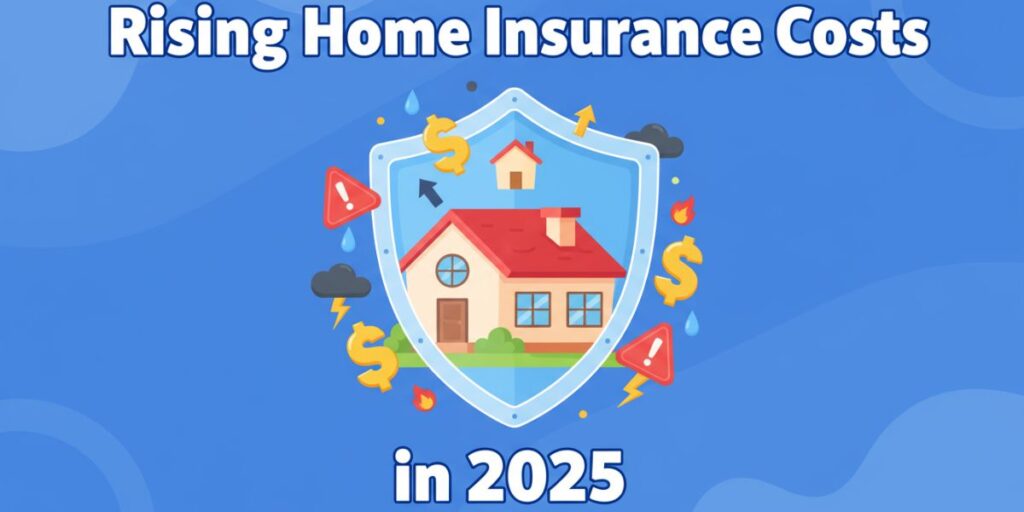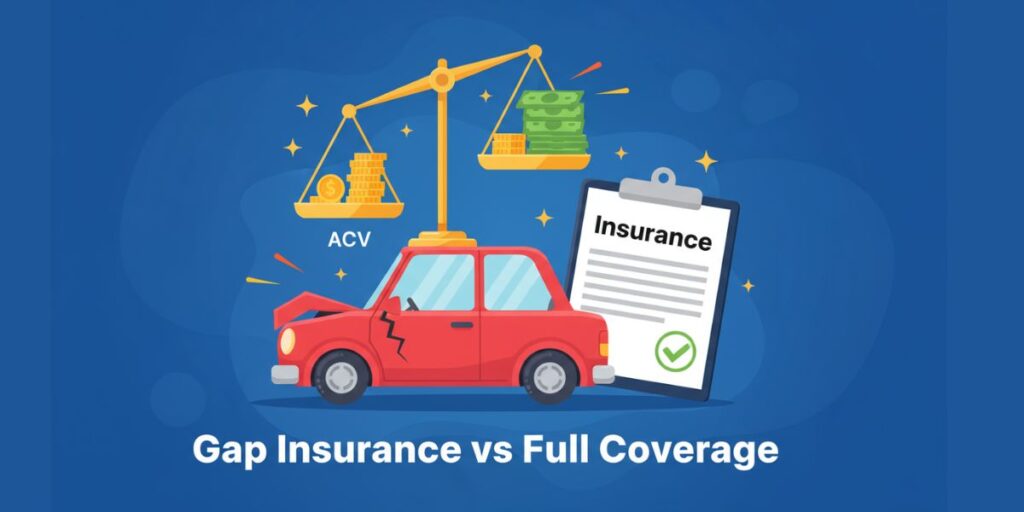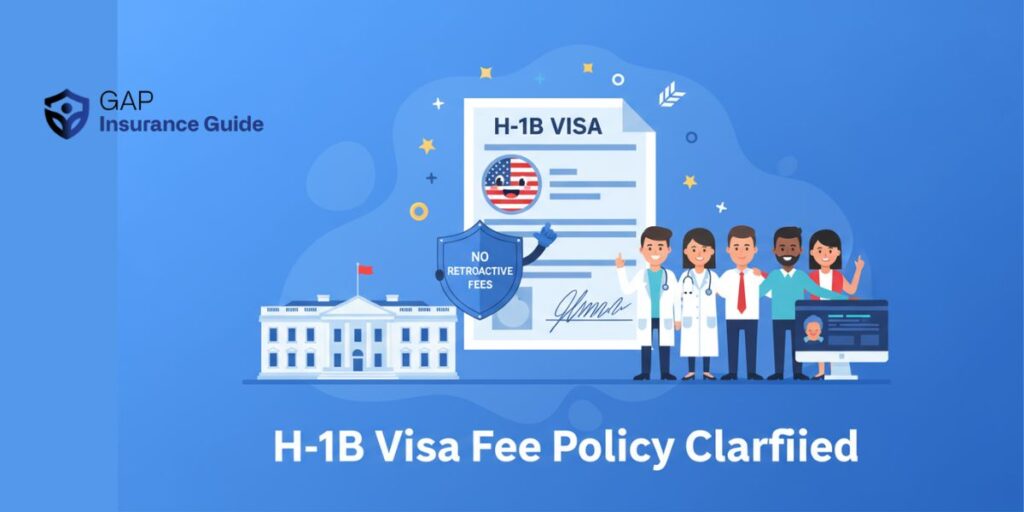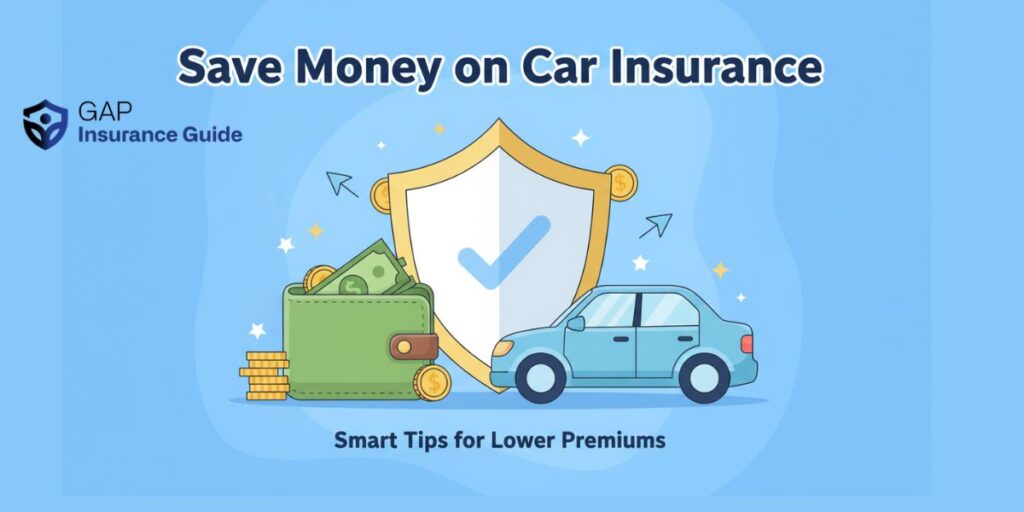For millions of Americans, home insurance has gone from a safety net to a financial headache. Driven by climate change and rising catastrophe risks, insurers are hiking rates, pulling out of high-risk areas, and leaving many families scrambling to protect their homes.
Here’s what’s behind the crisis — and what it means for your wallet in 2025.
Why Insurance Costs Are Rising
Severe weather is happening more often and causing more damage. Hurricanes in Florida, wildfires in California, and floods across the Midwest have cost insurers hundreds of billions of dollars in recent years. Those costs don’t stay with the companies — they’re passed along to homeowners through premium increases.
Between 2020 and 2023, average home insurance premiums jumped more than 30% nationwide, according to the National Bureau of Economic Research. And experts say more hikes are on the way.
Insurers Pulling Back
In some of the hardest-hit states, insurers are doing more than raising prices — they’re walking away altogether.
- California: State Farm stopped writing new home policies in 2023, citing wildfire risks. Other companies have pulled back or dropped existing customers.
- Florida: Multiple insurers have gone bankrupt after repeated hurricane seasons, leaving homeowners dependent on Citizens, the state’s insurer of last resort.
When private insurers leave, state-backed programs step in. But these “fair plans” are often more expensive and provide less coverage, leaving families exposed.
The Fossil Fuel Twist
Adding to the frustration, many insurers continue to invest billions in oil, gas, and coal companies — industries that scientists say are fueling climate change. Critics argue this creates a double burden: insurers profit from fossil fuels, while homeowners pay higher premiums for disasters made worse by climate change.
“Consumers pay for insurance companies to exacerbate climate change in the form of rate hikes, nonrenewals, and low-balled claims,” said Carmen Balber of Consumer Watchdog.
What This Means for Homeowners
If you own a home, here’s how this insurance crisis could affect you:
- Higher Premiums: Expect rate increases in most states. Some households are already seeing double-digit hikes year over year.
- Reduced Coverage: Your insurer may cap coverage, raise deductibles, or refuse to renew your policy.
- Mortgage Trouble: Lenders require proof of insurance. If you can’t get coverage, you may struggle to keep or secure a mortgage.
- Limited Options: You might be forced into a state-backed plan with fewer protections and higher costs.
What You Can Do
While homeowners can’t stop the broader crisis, there are steps to protect yourself:
- Shop Around: Compare quotes annually — even a small rate difference can add up.
- Bundle Policies: Combining home and auto with one insurer often leads to discounts.
- Invest in Resilience: Some insurers offer lower rates if you install fire-resistant roofing, storm shutters, or flood-proofing measures.
- Check State Programs: If you’re nonrenewed, look into your state’s insurer of last resort as a backup option.
- Stay Informed: Follow local insurance commissioner updates — many states are pushing for consumer protections.
Looking Ahead
Experts warn the U.S. may be heading toward an “uninsurable future,” where more families can’t afford coverage and, as a result, can’t afford to own homes. Unless insurers shift away from fossil fuel investments and regulators take stronger action, homeowners may see premiums rise steadily in the coming years.
For now, the best defense is preparation: know your options, budget for potential increases, and strengthen your home against the risks in your area.
Disclaimer: The content published on Gap Insurance Guide is intended for general information and educational purposes only. We cover topics related to insurance, banking, finance, and trading, but none of the material should be considered financial, legal, or investment advice. While we aim to provide accurate and up-to-date information, we make no guarantees about completeness, reliability, or accuracy. Any actions you take based on our content are strictly at your own risk, and Gap Insurance Guide will not be liable for any losses or damages. We strongly recommend consulting a licensed financial advisor, insurance expert, or other qualified professional before making decisions. Articles may include links to third-party websites, and we are not responsible for their content or practices.
I’m Abhilash, a finance and business content writer passionate about simplifying money matters. I share practical insights on finance, business growth, and insurance to help readers make informed decisions. Through my blogs and articles, I aim to provide clear, reliable, and actionable advice for smarter financial planning and success.



